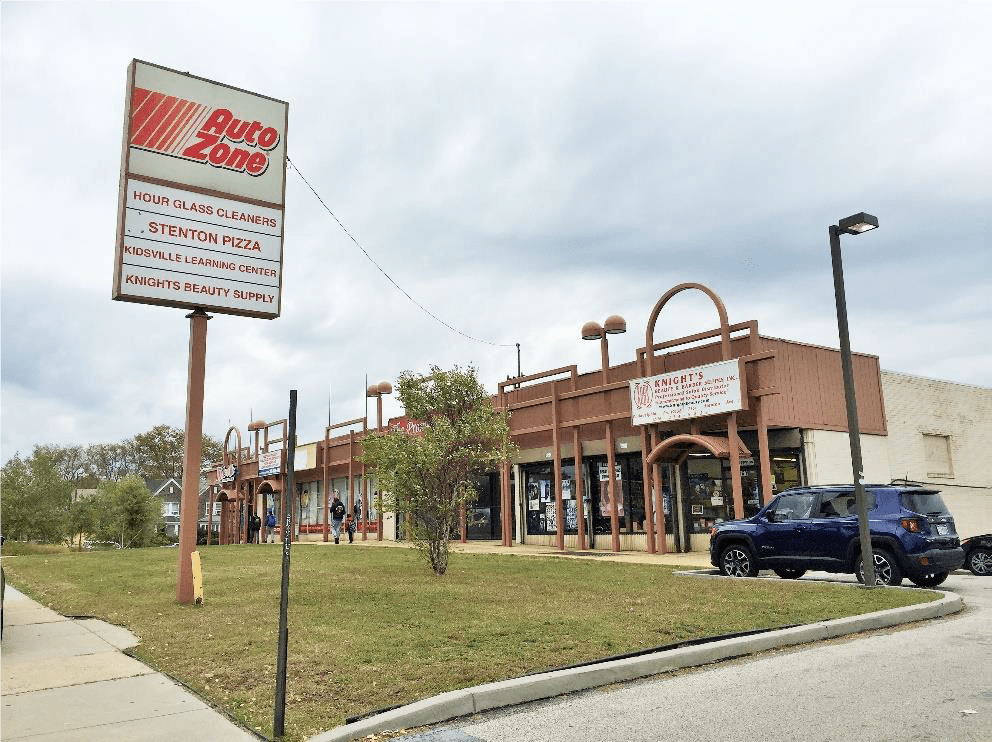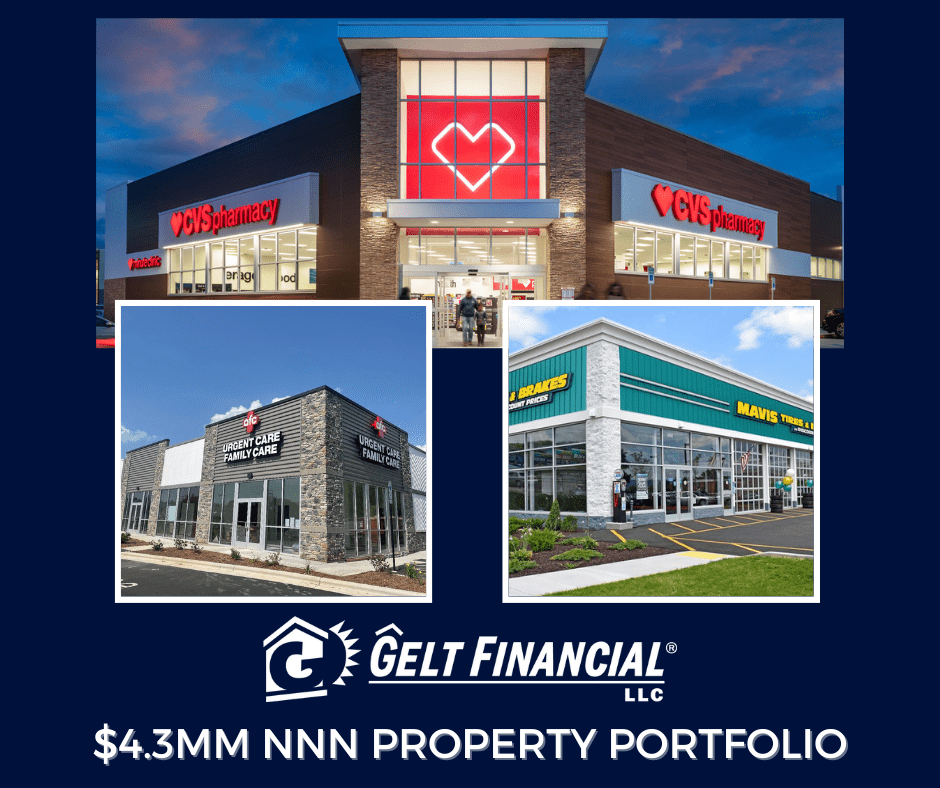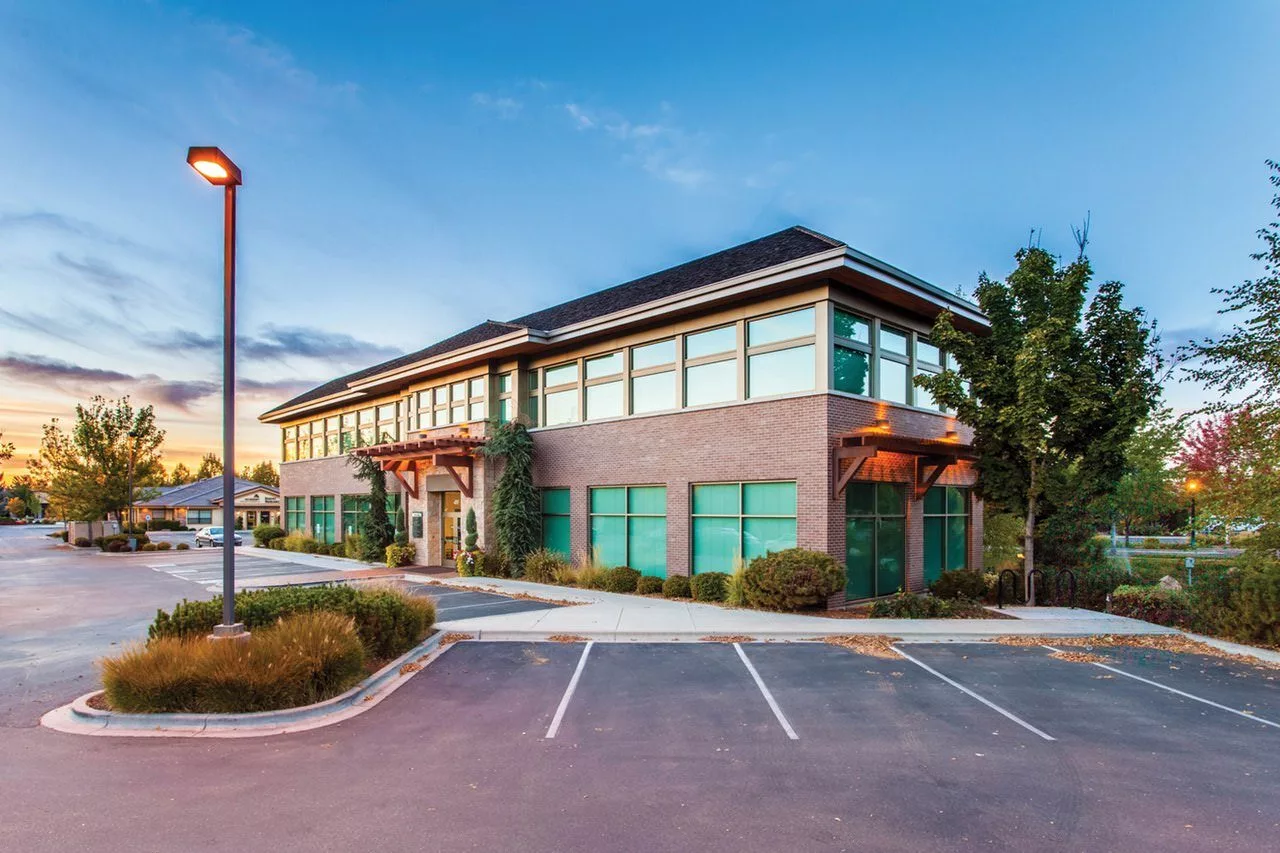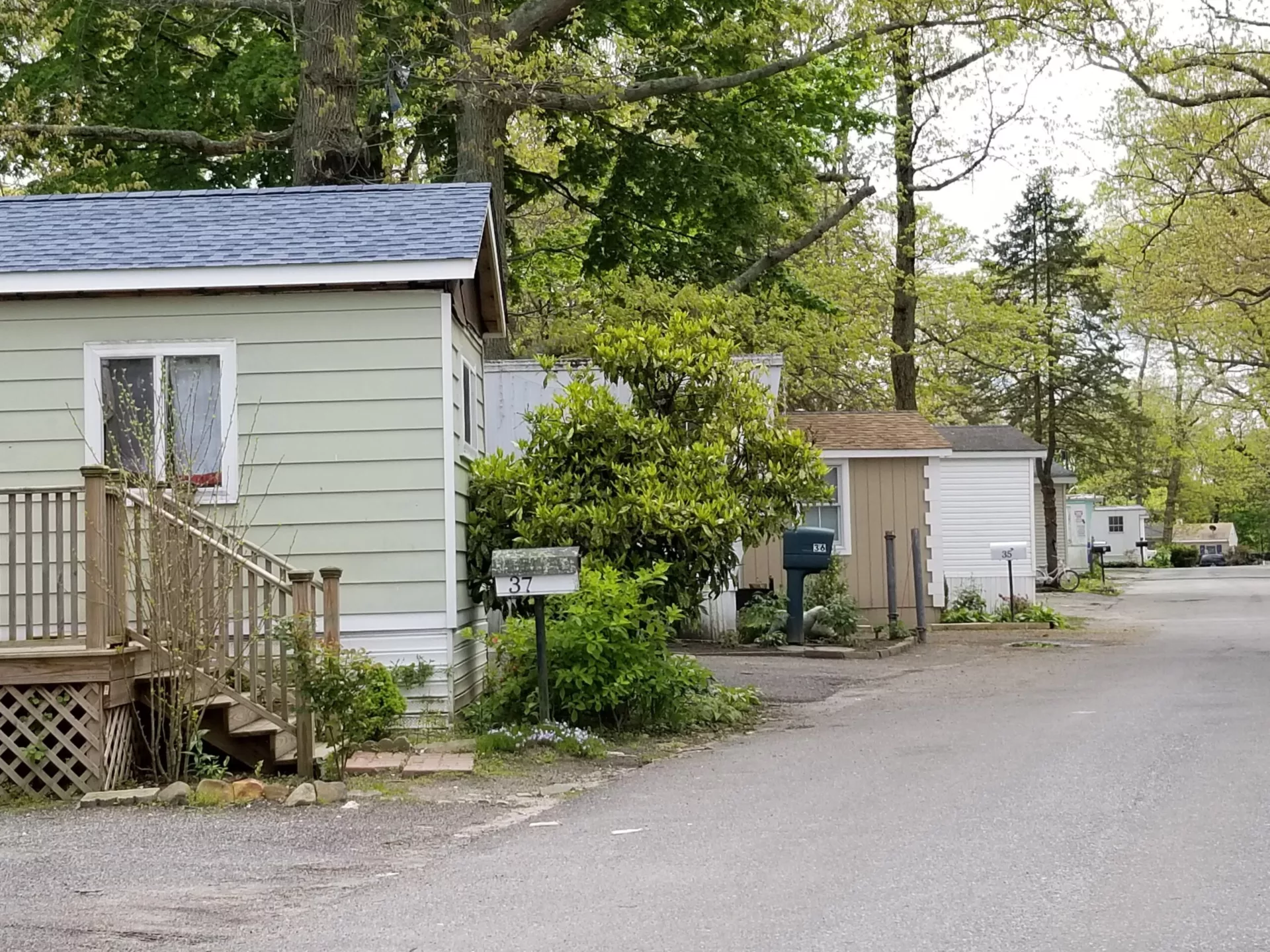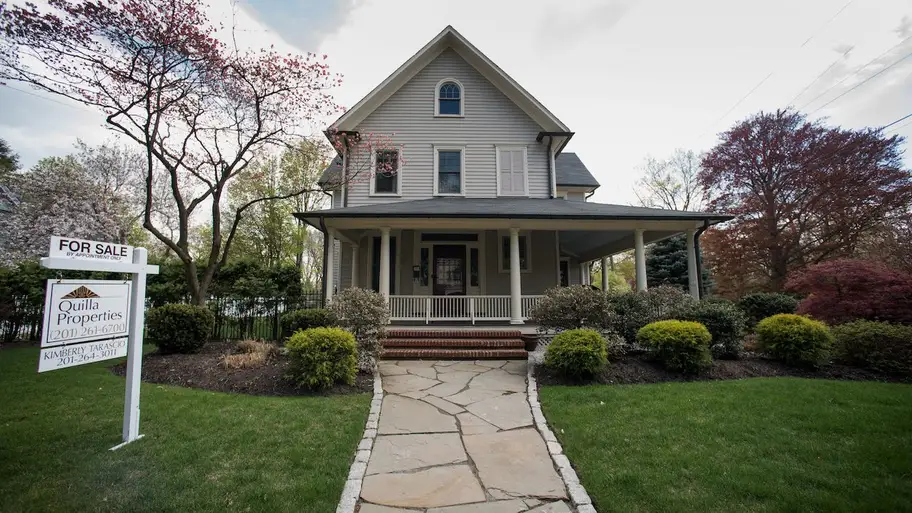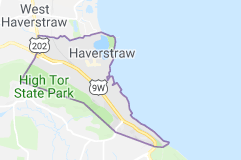How To Become A Commercial Mortgage Broker
I’m often asked, “How do I become a commercial mortgage broker? What’s involved with the process?”
Given the popularity of these questions, I thought I would take some time today to talk to everyone about what it takes to get started in this industry and give you some ideas to set you on the right path.
Firstly though, I have to tell you that I’ve been in the mortgage business for a long time now—my whole entire adult life. And I’ve really loved it. I only hope that this pursuit gives you as much joy and satisfaction as it has given me.
Enriching peoples’ lives is why I’m passionate about people getting into this business.
With that said, let’s look at what you need to do to become a commercial mortgage broker.
Define Your Goals
Believe it or not, there is a wide variety of niches in this field, each with their own pros and cons. This is why defining your goals from the get-go is very important.
What do you want out of being in the mortgage business? Is this going to be full time or part time? Do you want to be your own boss and work from home or work for somebody else at an office?
Having a crystal-clear picture of what you want to do will help you direct your energies appropriately as you move forward.
Be Adaptable
This industry is always changing. You might find this hard to believe, but we have to pivot our business every 5 years or so just to stay relevant.
So, as you’re getting into your niche, keep in mind that most of your long-term plans, and even some of your short-term plans are NOT going to be static.
Keep them fluid so that you can adjust.
Think of business plans as ideas that are walking, breathing, living entities that change all the time. Every time you get new information (which is constantly, by the way), you are going to be changing your business plan and adjusting it.
Ok, let’s go back to identifying your goals for a moment because the topic is important.
The changing nature of business makes having an underlying mission necessary. See what I mean? We’re not talking about concrete goals but rather an abstract purpose of sorts.
Your abstract goal is the constant in an otherwise ever changing flux.
I would also sharply identify your desires, what you like and what you don’t like to do and then focus on what you like to do. Otherwise, you might get into a side of this business that you don’t have a passion for.
Find a way to get your passion done, maybe by outsourcing or bringing somebody else in, and build a plan around that. And leverage your strengths.
What are you good at? Sales and networking maybe? Whatever it is, focus on that and make it integral to your plan. Have somebody else you trust do the stuff you aren’t good at.
Check Licensing Rules And Regulations
Before you start brokering, check your state laws and see if you need a license. In most states, I think about 42 of them or so, you don’t need a license to be a mortgage broker.
But again, check with your state, so you have a handle on how commercial mortgage brokering works in your area.
Let’s point out the obvious for a second. If it turns out that you need a license, you’ll need to get one.
Learn The Core Aspects Of The Business
The main thing you need to do when getting started is learn. This includes terminology, forms, underwriting, appraisals, and credit guidelines.
If I were you, I would learn as much as you can from books but also the internet. You can find almost anything on the internet, as I’m sure you know.
YouTube videos are a great choice for studying this field. There’s a million videos out there that cover fascinating aspects of commercial mortgage brokering.
What you don’t want to do is start on day one not knowing anything. I speak to people all the time who are getting started and have no clue about basic terminology. I’ll send an email and use abbreviations, for example, “Please up PFS,” which stands for “personal financial state,” and they’ll come back and say, “What’s that?”
I’ve run into lots of situations like this.
Pick Great Companies and Learn About Their Products
One of the great ways to learn about your niche products is through working with other companies.
There are a lot of wholesale companies out there like Gelt Financial that work with commercial mortgage brokers.
We probably get 60-80% of our business from commercial brokers, so we’re always looking to build our network and alliances.
When you build the right relationships, the wholesale companies you work with will supply you with invaluable information.
What I would recommend doing is picking 3 to 6 companies, not more than that, and really learn what they’re offering. Really dive into what they’re looking for.
Once you understand them and their product, you’ll have a much easier time in general.
Some companies, for example, do construction loans, but most companies don’t. So, you don’t want to send a company who doesn’t do construction loans, a construction loan. It’s basic common sense like this that makes you come across as knowledgeable and competent.
Keep in mind that sometimes this industry is like putting a round peg in a square hole, which means you have to work at your business relationships and find what works.
As an example, as a broker back in the day, I would be on the phone with these account officers a half-hour at a time, popping them with different questions. Because the more questions I asked upfront, the more I was able to learn and the better prepared I was.
It’s important in this field that the people you work with think of you as someone who knows what they’re doing. You don’t want to come across as a newbie or as someone who hasn’t taken the time to learn.
So, again, I would focus on the companies you’re working with. You can go to Scotsman Guide or a million other publications out there, which is where people list their wholesale rates and products.
Find something that interests you and start learning everything about it.
Specialists vs. Generalists
Another thing to consider is what type of commercial mortgage broker you want to be. You’ll have to decide whether you want to be a specialist or a generalist.
Although it’s a much bigger learning curve, there are some brokers who just focus on everything. They’ll take a lead and then try to find a source for that lead, be it for a construction loan, accounts receivable loan, or a bridge loan.
Other brokers, on the other hand, just focus on one or two things. Maybe it’s CMBS loans, bridge loans, or debt and possession. Whatever it is, they just focus like a laser beam on it.
Either style can work. This flexibility is what makes commercial mortgage brokering great.
Do you want to be product-driven and have three or four products, and that’s all you’re selling?
If somebody comes to you and they fit your niche, those are the borrowers you are looking for. If they don’t fit, the deals are going to fall by the wayside.
On the other hand, you may be borrow-centric, which means you get all the borrowers in, and then you find the products they are looking for.
Two very styles. Tremendously different.
There is no wrong or right here. It’s all about what you want to do. It’s personal.
A Couple Other Things To Consider
There are a lot of different types of lenders in the commercial space. I know guys and gals who just focus, for example, on CMBS and Life and deals that are 5 million and up.
I know people who just focus on deals, a million and lower, and others who focus on loans to nonprofits or loans to farmers, agricultural loans.
There are all kinds of niches out there.
There are advantages and disadvantages to different approaches. When I started, I would sort of learn everything and just take it one step at a time.
The Good And The Bad
The mortgage business is an interesting business, and I’ll tell you some good news and some bad news about it. The good news is the barrier to entry is very low.
You don’t need much to enter the mortgage business, which is incredibly helpful. You need some time. Also, an email address and a website. Really it’s hard to find this in other fields.
The bad news, paradoxically, is that the barrier to entry is very low, so it lets other people who may be really good get in as well.
If you have an entry of a lot of people coming in, what happens in the mortgage business? It gets super competitive, and most people don’t make it past a year or two.
Longevity is something you really don’t see much in the mortgage business. Part of the problem is that most people want a quick hit. And they’re not prepared to learn from their mistakes.
They think they’re going to come in, make a deal for whatever it is, and get rich overnight.
That’s not how this business works. At least, not in my reality.
You know, I get calls from people all the time, and many are a waste of time. Someone called us last week, and the broker had zero experience, and he was talking to me about a 50 Billion (yes with a B) dollar loan.
If you’re in this business, don’t chase fantasies. Stick with something manageable like closing a $200,000 loan.
Conclusion
In this business, most people don’t stick around and learn when the going gets tough. So, my advice to you would be to learn everything you can, be adaptable, and just stick with it.
It takes time to learn a profession, and this is a profession. A great one.
Get to know some vendors. Become friends. Make your vendors an asset.
Start an LLC. You’ll need one most likely. Well, maybe you won’t in your case, but I would highly recommend it.
I would also recommend getting a decent website, a professional email, and finally, setting up a marketing strategy.
Marketing is critical to your success because you could be the best mortgage broker in the world, but if you don’t have deals, you won’t get any business.
There are a hundred ways to advertise. And fortunately for you, the internet has been an equalizer to the larger brokers who tended to dominate a lot in the old days.
Contact Us
We hope you have found this talk helpful. If you are a new commercial mortgage broker or are interested in becoming one and would like to learn more, call us at 561-221-0900 or check out our Home Page.
We’re a non-bank, small commercial lender doing deals from $100k all the way up to $5MM or $10MM debt equity and can teach you what you need to know about this space.








